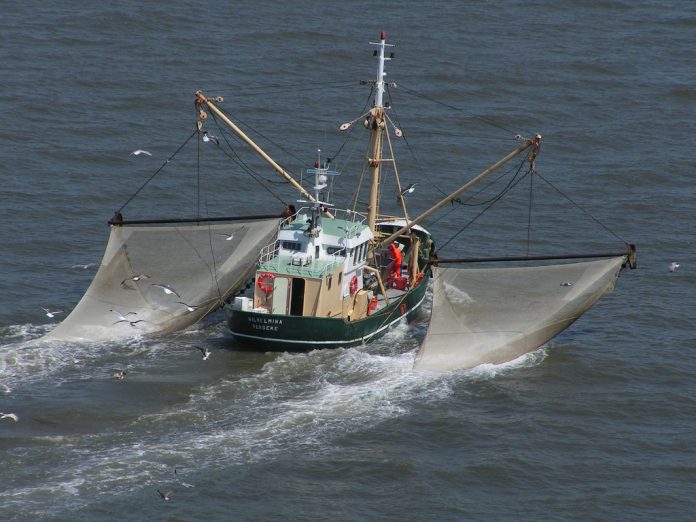After more than 3 years’ work, the European Parliament has adopted on Tuesday April 16 new simplified and regionally-adaptable rules on how, where and when fishermen can fish.
Over the past few years, the legislation, which aims at limiting unwanted catches and reducing the impact of fishing activities on natural resources and ecosystems, has developed into a very complex set of more than 30 prescriptive Regulations which are not flexible enough to adapt to technical evolution and do not meet the particular needs of each fishery. Technical measures regulate, among others, mesh sizes, selectivity of fishing gear, and closed or restricted areas.
“The new rules are more flexible, simple and practicable as long as baseline rules apply to all fisheries that would guarantee a level playing field for operators, while tailor-made measures would be adapted to the specific needs of each fishery,” declared Gabriel Mato MEP, the Parliament’s negotiator on the file.
“Regionalisation and a results-based approach will help fishermen who suffer from excessive regulation from Brussels to develop their business, better answer their expectations and improve their participation in decision-making”, he added.
The EPP Group rejected the Commission’s proposal to set a unique numerical target of levels of catches of small fish for all fisheries. “We have avoided that an arbitrary, unrealistic and inflexible target, for which there was no scientific justification, is set, without taking into account that in some fisheries it is impossible to avoid unwanted catches. Instead, a general objective of a progressive reduction of these catches, as much as possible for each fishery, has now been established, to be monitored through selectivity performance indicators for key species”, the Parliament’s negotiator said.
The new measures will give more flexibility to the sector, while keeping the main objective, the protection of marine ecosystems and the conservation of fishery resources. “Striking the right balance between these two aspects was the ‘compass’ that guided my work”, Mato said.
On the controversial issue of pulse fishing, which tended to ‘hijack’ the negotiations until the end, the agreement among co-legislators was that this technique should be phased out. “The deal was a ban, but a progressive one, so that fishermen have time to adapt to it. And it does not impede much-needed innovation”, Mato concluded.

